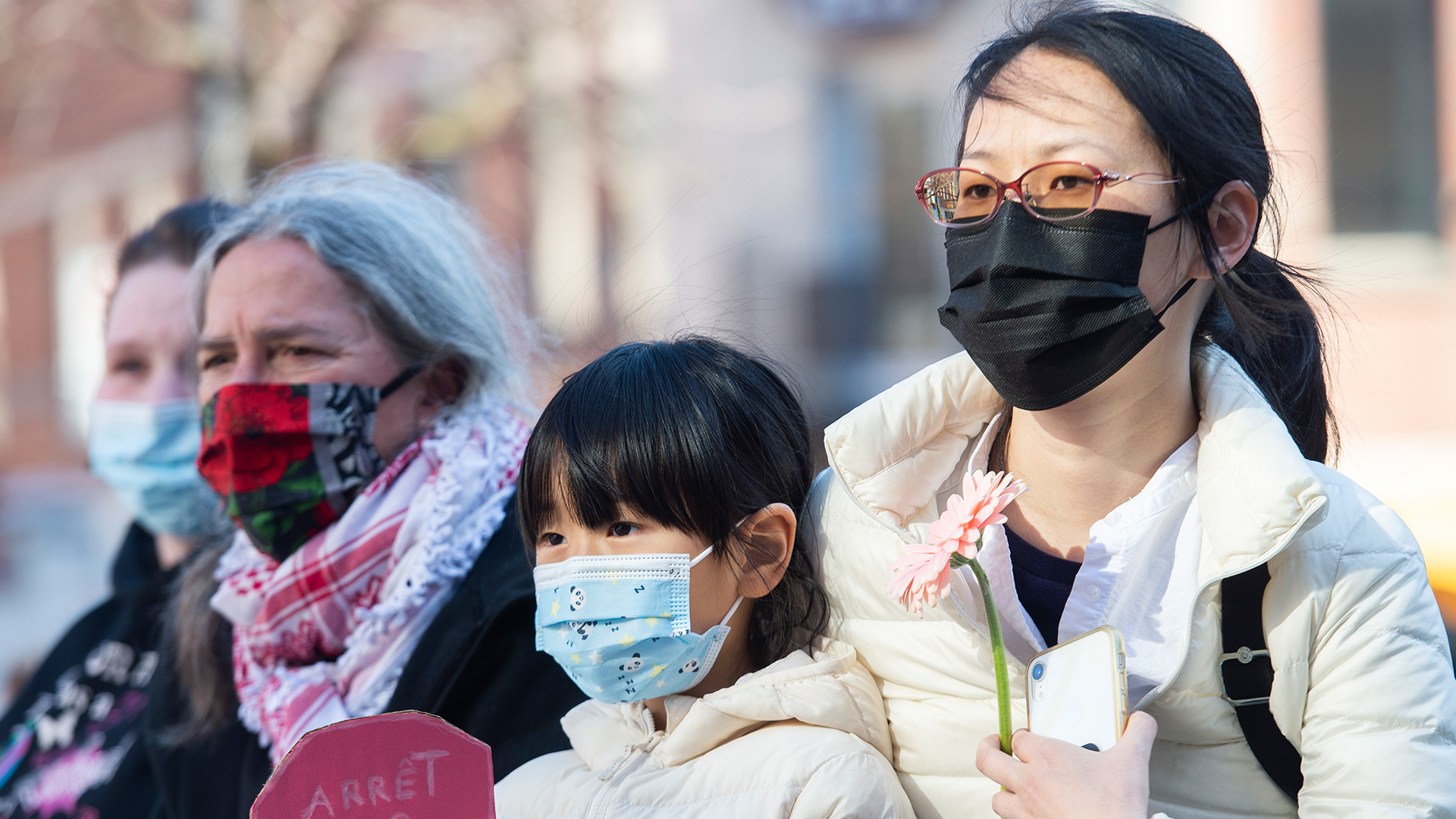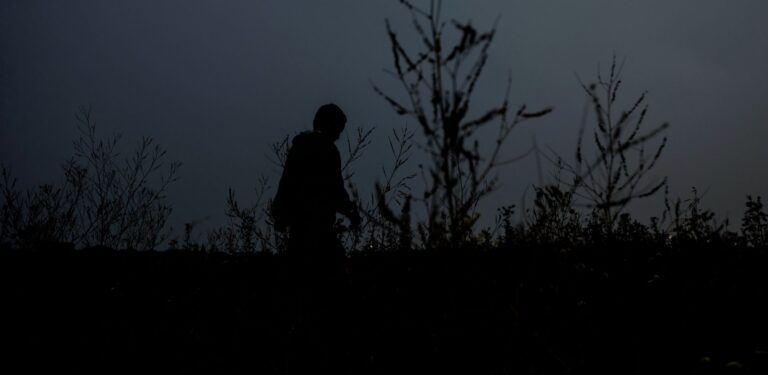Fifty years ago, Canada became the first country to adopt multiculturalism as an official policy. Multiculturalism seeks to preserve the distinctiveness of individuals and cultures while recognizing that diverse ethnic groups can co-exist and contribute to the Canadian society. Over the last five decades, the policy has evolved from an ideal laid out in a policy document to a quintessential aspect of Canadian national identity. Not only is diversity our strength, we have come to celebrate our diversity and uniqueness – the mix of respect, humility and openness that define Canada’s image on the global stage stems from who we are at home. The diversity it promotes and helps institutionalize makes our country stronger.
Reflecting upon my own experience growing up in Toronto, multiculturalism was a fact of life. I arrived in Canada as a young girl from South Korea who barely spoke English. In Toronto, where over 180 languages are spoken every day, I was proud of my Asian heritage and it was absolutely normal for me and my student peers to celebrate the Lunar New Year, Diwali, Nowruz, Hanukkah, Christmas and Eid, and to try different cuisines packed by our mothers at lunchtime. My experience of growing up in Toronto – and later studying and teaching Canadian history at the University of Toronto – was largely inspired by curiosity and the conviction that every one of us has a role to play in shaping the Canadian society.
Much has changed since the COVID-19 pandemic began. I have recently returned to Canada after a few years of working and living in Italy. In the past year alone in Ottawa, I can recall about a dozen racist incidents where I was either yelled at, denied service, or verbally harassed. Despite working as a human rights advocate for the past decade, I found myself completely helpless when an angry stranger at the grocery store suddenly told me to get out, yelling “Go back to China.” In each instance, I was alone and often feared for my safety and rushed back home.
Sadly, studies show that my experience is not an isolated case – there has been a rise of anti-Asian racism and violence since the outbreak of COVID-19, with young Asian women being disproportionately targeted, particularly in Ontario and British Columbia. In Vancouver, for instance, hate incidents targeting East Asians increased sevenfold between 2019 and 2020. A recent study by the Chinese Canadian National Council’s Toronto chapter revealed more than 1,000 cases of racism against Asian-Canadians since the COVID-19 outbreak, and the actual numbers are likely higher considering that in East Asian culture, it is considered more appropriate to brush off these negative incidents rather than speak up.
The recent attacks in Atlanta, as well as various reports of physical, verbal and online attacks against Asians in Canada since the pandemic began, all point to a troubling reality of ignorance and hatred. These attacks are taking place in grocery stores, sidewalks, parks and restaurants in daylight, with bystanders behind their masks and perpetrators walking away unpunished, leaving victims with deep psychological and physical wounds. Many of the recent attacks targeted frontline workers such as nurses, transit operators, and small business owners, many of whom have risked their own lives and safety to serve Canadians during the COVID-19 pandemic.
Canada, despite our celebrated history of multiculturalism, is clearly not immune to anti-Asian sentiment or the prejudiced misconception that Asia – or China – bears responsibility for the spread of COVID-19. Neither Donald Trump’s “China virus” reference nor general discontent with the Chinese government’s current policy stance justifies such harassment or the racist comments that Asian-Canadians face today. Canadians should know better. We have never been perfect, which is why we vowed to never forget painful incidents in our history like the Chinese Head Tax, the turning away of the Komagata Maru, the internment of Japanese-Canadians during the Second World War, and even post-SARS racism.
Tackling anti-Asian racism is not just a moral issue. It is also in Canada’s interest to recognize the important contributions Asian-Canadians have made to our economy. The largest source of immigration – the lifeblood of Canada’s economy – now comes from Asia, and Canadians with Asian heritage comprise the largest and fastest-growing ethnic minority group in Canada, at about 6 million. These are hard-working Canadians who have made enormous contributions to Canada and who will play crucial roles in our recovery post-COVID.
Asia is also the biggest source of international students in Canada – over 50 per cent of all international students come from India and China, followed by South Korea and Vietnam. In 2018, international students in Canada contributed an estimated $21.6 billion to Canada’s GDP and supported almost 170,000 jobs for Canada’s middle class, according to Global Affairs Canada. These are our neighbours, friends and colleagues who are facing threats, abuses and even violent attacks, simply because of the colour of their skin. An attack on one of them is an attack on fundamental Canadian values that took years of hard work by millions of Canadians to build a society of respect and inclusion.
As we reflect upon this important 50th anniversary of the advent of official multiculturalism, we must therefore face, head-on, the rising discrimination against Asian-Canadians. There are several concrete measures that can be undertaken immediately to confront the situation and renew our commitment to diversity and inclusion:
- The Senate and House of Commons should strike a joint parliamentary task force to conduct a comprehensive examination of the current state of harassment and racism against Asian-Canadians and recommend legislative and policy measures. The task force should make diligent efforts to consult with provincial and municipal representatives in Ontario and British Columbia as well as key civil society organizations and community representatives to provide concrete recommendations.
- The Department of Justice should sponsor a wide consultation with provincial and territorial attorneys general on possible amendments to section 718.2 of the Criminal Code with respect to sentencing for hate-inspired crimes to better define hate based on race. There is a serious lack of legislative and judicial guidance on how much impact hate motivation should have on the quantum of a sentence.
- Private-sector actors such as Facebook, YouTube, Twitter, Google, as well as major media outlets in Canada should take initiative for a coherent public awareness campaign on the history of Asian-Canadians, as well as underling the unacceptable incidents of harassment in recent months, in conjunction with the 50th anniversary of multiculturalism policy.
- The federal government should provide a new funding package for the Federal Anti-Racism Secretariat to monitor discrimination against Asian-Canadians across the nation, promote preventive measures and a hotline for victims to report incidents, and report to Parliament by the end of this calendar year on progress.
- The Department of Public Safety should prioritize the enforcement of anti-racism policy as a key aspect of our national security.
- History education across provinces must be amended to shed light on the evolution of multiculturalism and include specific references to the contributions of Asian-Canadians, as well as negative incidents from the past, so that we may better educate our next generation of Canadians.
The continued expression of empathy and support from political, business and public institutional leaders in the wake of the massive ramp up of anti-Asian slurs, harassment and violence is welcome. But the true measure of Canada’s response to the surge in anti-Asian racism will depend on how quickly serious policy measures are undertaken at various levels of jurisdiction, to educate the public, punish the perpetrators and provide a solid source of support for those who are affected.
We must not allow recent incidents to become media headlines and produce another policy paper that will be forgotten in the next election cycle. As Sir Winston Churchill once said, “Fear is a reaction. Courage is a decision.” Instead of being paralyzed by fear and paranoia, we must stand up in solidarity with our Asian-Canadian neighbours and friends, and systematically examine ways to break the cycle of hate and violence and invest our energy and resources for a better future.
The time for this kind of leadership has come. The costs of avoiding that leadership are, on so many levels, deeply problematic for the nation we love and the values that underlie the future of Canada.












